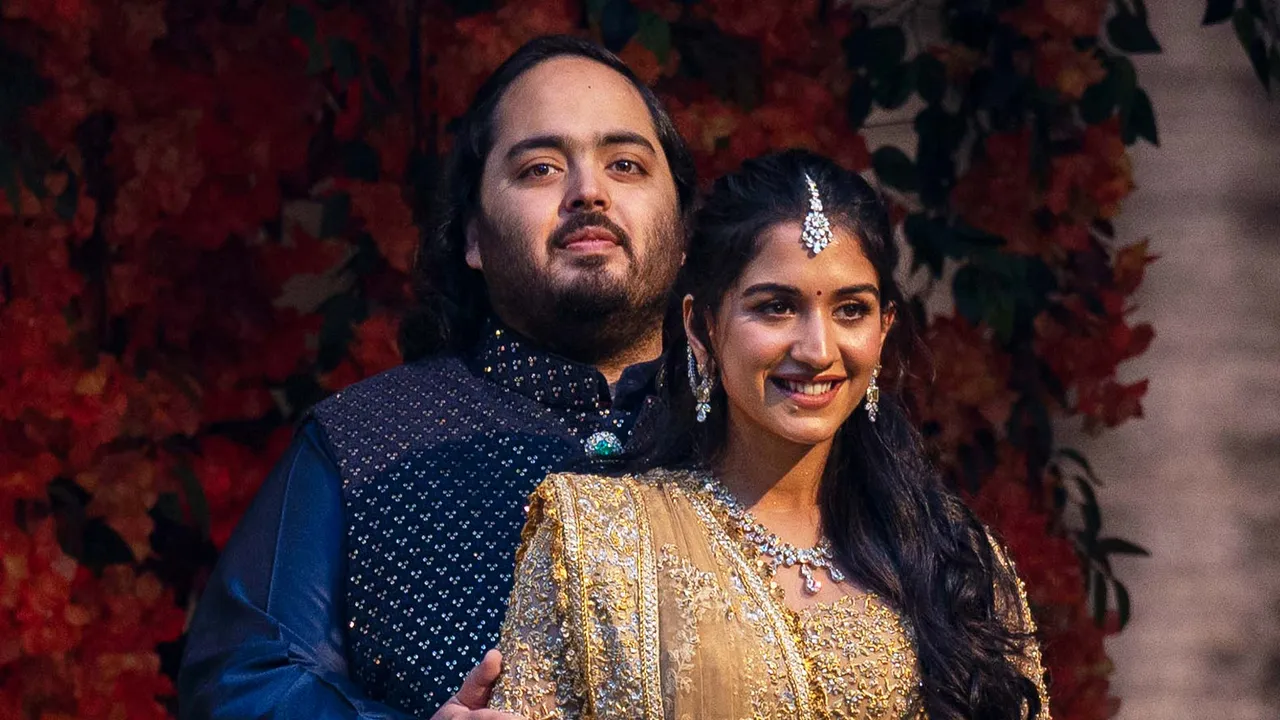
A Misguided Celebration: The Extravagance of Anant Ambani’s Wedding Amidst India’s Poverty Crisis
The upcoming wedding of billionaire heir Anant Ambani and Radhika Merchant has captured the nation’s attention, being heralded as the “wedding of the year.” However, beneath the glamour and opulence lies a troubling precedent that perpetuates economic and social disparities in India. The Ambani wedding, with its extravagant pre-wedding celebrations and a lavish ceremony, sets a dangerous benchmark for a country grappling with extensive poverty.
India’s poverty is a multifaceted issue rooted in historical, economic, social, and political factors. Despite strides in economic development, the 2023 Multidimensional Poverty Index Report reveals that over a third of the world’s poor live in South Asia, with India accounting for almost 70% of the increase in extreme poverty. Nobel laureate Amartya Sen has long emphasized the need to address social inequalities and invest in education and healthcare to combat poverty. Yet, events like the Ambani wedding starkly contrast with these urgent priorities.
In a country where millions struggle to make ends meet, the Ambani wedding’s sheer scale and expenditure are not just tone-deaf but harmful. The couple’s pre-wedding celebrations, including a three-day party in Jamnagar attended by global luminaries and a Mediterranean cruise with Bollywood A-listers, underscore a stark disconnect from the reality of everyday Indians. The upcoming wedding, set to take place at the 27-story Antilia and the Jio World Convention Centre, further exemplifies this excess.
The societal impact of such lavish displays cannot be ignored. Weddings in India are already a significant financial burden for middle-class families, often consuming 40-50% of their income. The pressure to emulate the extravagant weddings of the wealthy forces many into debt, with families taking out loans to fund ceremonies that they can ill afford. This phenomenon exacerbates the financial strain on middle-class and poor families, who feel compelled to meet these unrealistic standards.
In stark contrast, even in wealthy countries, wedding expenses are relatively modest. Mark Zuckerberg, one of the world’s richest individuals, spent far less on his wedding than the average middle-class family in India. This disparity highlights the cultural expectations that drive Indian families to overspend on weddings, often at the cost of their financial stability.
India’s poverty statistics are sobering. With millions living below the poverty line, defined by the World Bank as $2.15 per person per day, the country’s contributions to global poverty are significant. Addressing these challenges requires a collective effort to redirect resources towards education, healthcare, and social welfare rather than perpetuating a culture of extravagant spending.
The Ambani wedding, with its excessive opulence, sets a misguided benchmark that further entrenches social and economic inequalities. It is imperative for Indian society to reevaluate its values and priorities. Lavish weddings should not be the norm or aspiration. Instead, we must champion simplicity and financial prudence, focusing on improving the lives of millions who live in poverty.
By shifting our cultural expectations and reducing the pressure to overspend on weddings, we can pave the way for a more equitable society. There is no need to spend crores on a single day’s celebration. Instead, we should invest in the future, ensuring that all Indians have access to the opportunities and resources they need to thrive. The time for change is now, and it starts with rejecting the extravagance that the Ambani wedding epitomizes.
